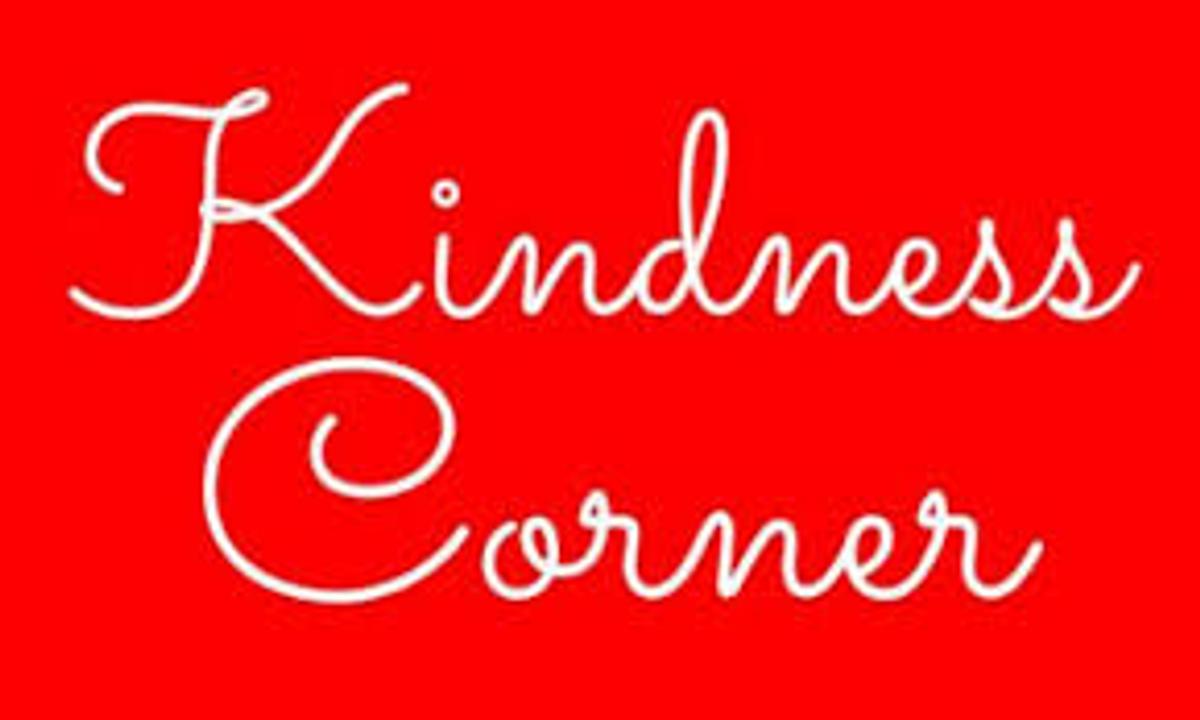Wellbeing

Wellbeing at Rolling Hills Primary School
Today in Friendology
Foundation – Students will begin to understand how to identify the difference between healthy & unhealthy friendships and the impact that body language has on our friendships.
Grade 1 – This session students are revising the 4 friendship facts and identifying what healthy friendships look like using the "Friend-O-Meter" visual. They are also applying their understanding of adjectives to describe what makes them a great friend to others.
Grade 2 – Students will practise mindfulness to calm down and be more present in their friendships and learning.
Grade 3/4 – This session highlights hot topics for this age group including: birthday parties, how to kindly decline, feeling caught in the middle, following & copying, and “stealing” friends. What does a friend look like in the school yard?
Grade 5/6 – This session teaches students how to respond to intentionally cruel, rude, or mean behaviour. They reflect on the difference between low-level friendship issues and mean-on-purpose behaviour.
Tribes session next week
In Tribes next week students will be recognising that their thoughts impact their feelings and their actions. They will develop their understanding of what emotion they are feeling, they will discuss how their thoughts can be changed to bring a more positive outcome with regards to their behaviour. Students will work in multi aged groups to share their ideas, constantly working on trusting one another, cooperating with others and developing their confidence to share their ideas with students and staff in their Tribe.
The three import aspects within this process are:
Thoughts, Feelings and Actions.
Our wonderful Wendy in the canteen made many children’s day on Monday as it was Donut Day. Wendy went above and beyond and was able to hand deliver to most students who were home for whatever reason.
Many parents phoned through to the school and thanks Wendy for her thoughts and actions. One mother even commented that, ‘it turned a very awful day at home into a day of sunshine’. She was so grateful. Thanks Wendy. You are amazing!
A FRIENDOLOGY ACTIVITY TO DO AT HOME
For the Love of Pizza!
For the love of pizza, let’s stop telling children to “Just ignore it!” Discuss ways you can be more helpful with this activity!
Key Outcome
You & your child will articulate the best ways you can help each other when your child is experiencing difficult friendship issues.
Objective
Bear with me a second while I let your parents in on a little secret. Parents, are you ready for this? Brace yourself. Here it comes… Your child probably doesn’t tell you everything! There, I said it. (That wasn’t so bad, right!?) The reality is kids do not often tell their parents if they’ve had a Friendship Fire® with a friend, or they’re dealing with an up-and-down friend, or they’re having trouble making friends.
So, why do kids keep this stuff on the down-low? Well, there are 4 main reasons:
- Your child is worried you’re going to freak out. You might call the other kids parents, you might call the school, you might say the wrong things, you might cry, you might say “I knew that kid wasn’t good for you!” Basically, you might say and do all the wrong things and just make matters worse.
- Your child is embarrassed. They want you to think they’re cool and popular and awesome. Your child wants to make you proud! (Now would be a good time to tell your child how proud you are and why!)
- Your child knows it sounds silly. Kids are totally aware that sometimes the things they’re upset or annoyed about aren’t a big deal, but they can’t shake it. When they think about telling an adult, they think parents + teachers won’t get it!
- Your child is so tuned in to you. They know if you’re stressed out or have a lot on your plate right now and they don’t want to add to your pile by unloading their friendship drama on you. They also know it will upset you – so they protect you from that.
Kids don’t tell their parents everything…nor should they! We all crave a little privacy from time to time. Wouldn’t it be great, however, if your child could view you as a helpful resource and see you as someone they could talk to!? Well, let’s get on that!
Materials
- Print out: For the Love of Pizza Activity Sheet (Click the link here or the attachment is below)
- Pen or pencil
Instructions
Sometimes we don’t always know the best way to help each other out! We aren’t miracle-workers or mind-readers, so let’s cut the cheese (oops, bad choice of words!) and tell each other what we need. Okay?
Using the For the Love of Pizza Activity Sheet, complete the sentences by writing or saying at least three things the other person can do to help navigate the world of friendships and three things you’d prefer they didn’t do!
Be totally honest and, for the love of pizza, don’t respond by saying, “But I already do that!” or, “Are you nuts? There’s no way I’m doing that!” Turn this into a discussion and create a little plan about how you can help one another!
FREE PARENT MEMBERSHIP TO FRIENDOLOGY
URSTRONG’s whole-school friendship strategy has improved the social climate in schools around the world, connecting over a million kids, parents, and teachers with a common language of friendship. We are proud to be a URSTRONG School and are committed to empowering your children with friendship skills.
You are invited to take advantage of a FREE Parent Membership to access hundreds of resources – including an 8 session video series. This will allow you to learn the same language & strategies being taught in the classroom through the Friendology 101 curriculum. We hope that, as a URSTRONG Family, you will reinforce the important messages of empowerment, self-compassion, & kindness at home.
As a next step, we would recommend:
-
- Click here to view an overview of URSTRONG.
- Activate your FREE Parent Membership and explore all the resources available to your family.
- Explore the hundreds of resources available to you!
We believe that empowering our students with these skills will create a culture of kindness at our school and we hope that, together, we can support your children to have healthy, feel-good friendships.

